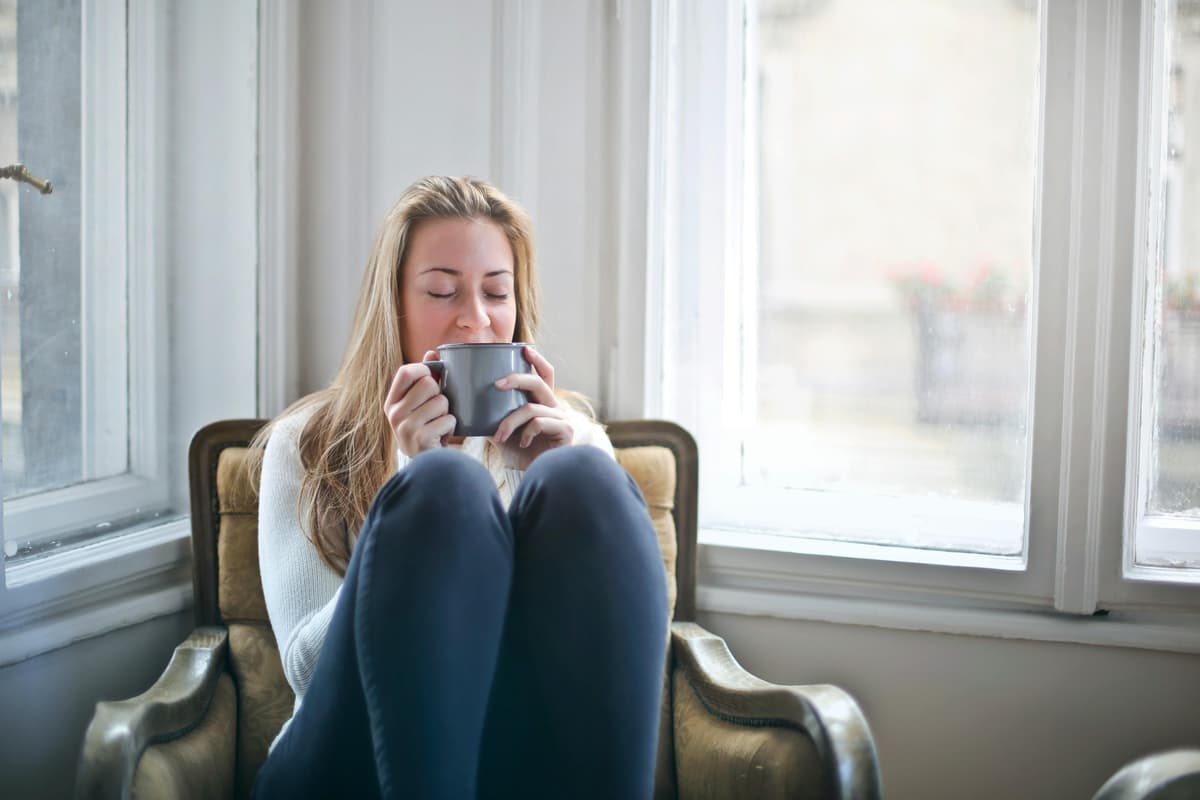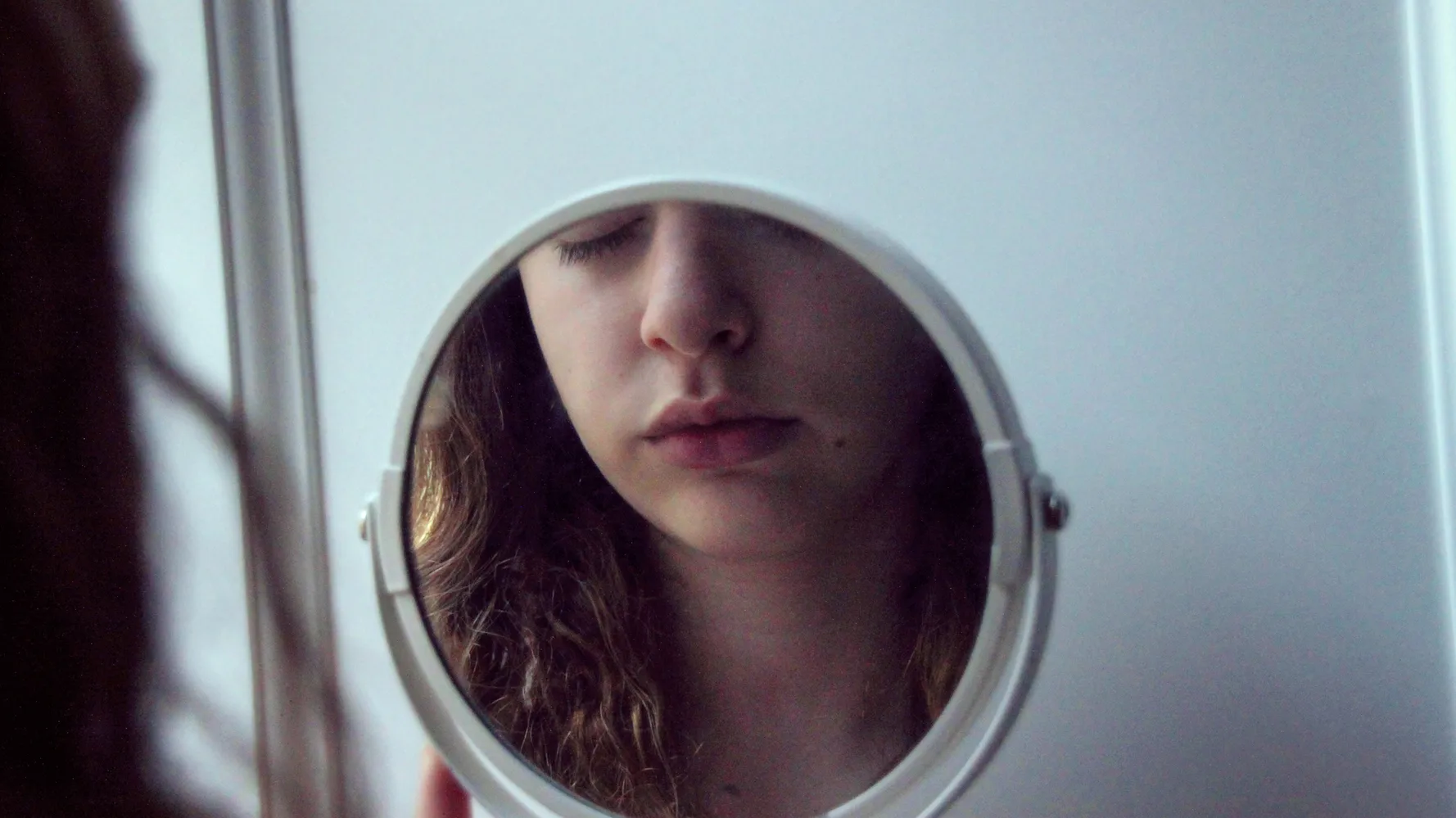Best heating tips: 9 ideal energy tips to stay warm, save money – when to put the central heating on in the UK
By Alex Nelson
Copyright thescarboroughnews

Winter is approaching, and many households are worried about rising energy costsBut staying warm doesn’t have to mean high heating billsTiming and efficient use of your heating system can make a big differenceSmall changes around the home can help retain warmth and comfort
As the nights draw in and the temperature dips, many of us are already thinking about how to stay warm without facing eye-watering energy bills.
With household budgets under pressure, it’s more important than ever to make your heating work smarter, not harder.
We’ve gathered practical, low-cost tips to keep your home cosy this winter.
When should you put the heating on for the first time?
There’s no hard-and-fast rule, but many households switch on their heating when indoor temperatures consistently drop below 18°C.
That’s the threshold the NHS suggests is safe and comfortable, particularly for children, elderly people, or anyone with health issues.
If you’re fit and well, you might be able to hold out a little longer by layering up, but don’t risk your health for the sake of saving a few pounds.
Tip to stay warm and save money:
1. Use your thermostat wisely
Heating accounts for more than half of household energy use. Turning your thermostat down by just 1°C can cut annual heating bills by around 10%.
Aim to heat your main living areas to 18–21°C, while bedrooms can be cooler. A programmable thermostat or smart heating system can help you schedule warmth only when you need it.
2. Keep the heat in
There’s no point paying to heat air that escapes through gaps and draughts, so utilise simple fixes like:
Draught-proofing strips on windows and doorsUsing a draught excluder (“door snake”) at the bottom of doorsClosing curtains as soon as dusk falls
These small measures can trap valuable warmth and stop cold air creeping in. Thermal curtains or even just thicker ones also make a noticeable difference.
Are you keeping up with the latest headlines? NationalWorld’s breaking news – in your inbox.
3. Rearrange your furniture
It might sound simple, but where you place your furniture matters. A sofa pushed right up against a radiator will absorb much of the heat instead of letting it circulate. Leave some space so warm air can flow freely around the room.
4. Make the most of natural heat
On bright winter days, open curtains and blinds to let in natural sunlight, especially on south-facing windows. Even weak winter sun provides a free boost of warmth. Just remember to close curtains at sunset to keep the heat trapped inside.
5. Use heating only in rooms you need
If you have a spare room or areas of the house you rarely use, keep the doors closed and radiators turned down. Concentrate heat in the rooms where you spend most of your time.
6. Layer up and use blankets
The cheapest heating is often no heating at all. Wearing a jumper, thick socks, and slippers, along with keeping blankets or throws handy, can reduce your reliance on the boiler.
An electric blanket or heated throw is also cheaper to run than heating the whole house.
7. Bleed your radiators
If radiators have cold spots, they could have trapped air, which reduces efficiency. Bleeding them takes just a few minutes with a radiator key and helps your heating system run more effectively, meaning less wasted energy.
8. Insulate your hot water tank and pipes
A hot water cylinder jacket costs around £20 and can save you up to £70 a year in energy bills. Similarly, insulating exposed pipes (known as “lagging”) helps keep water hotter for longer.
9. Don’t block heat sources
It’s tempting to dry clothes over radiators, but it blocks heat and forces your boiler to work harder. Use a drying rack in a warm, ventilated room instead.
Are you struggling to make ends meet as costs continue to rise? You can now send your stories to us online via YourWorld at yourworld.net/submit. It’s free to use and, once checked, your story will appear on our website and, space allowing, in our newspapers.



